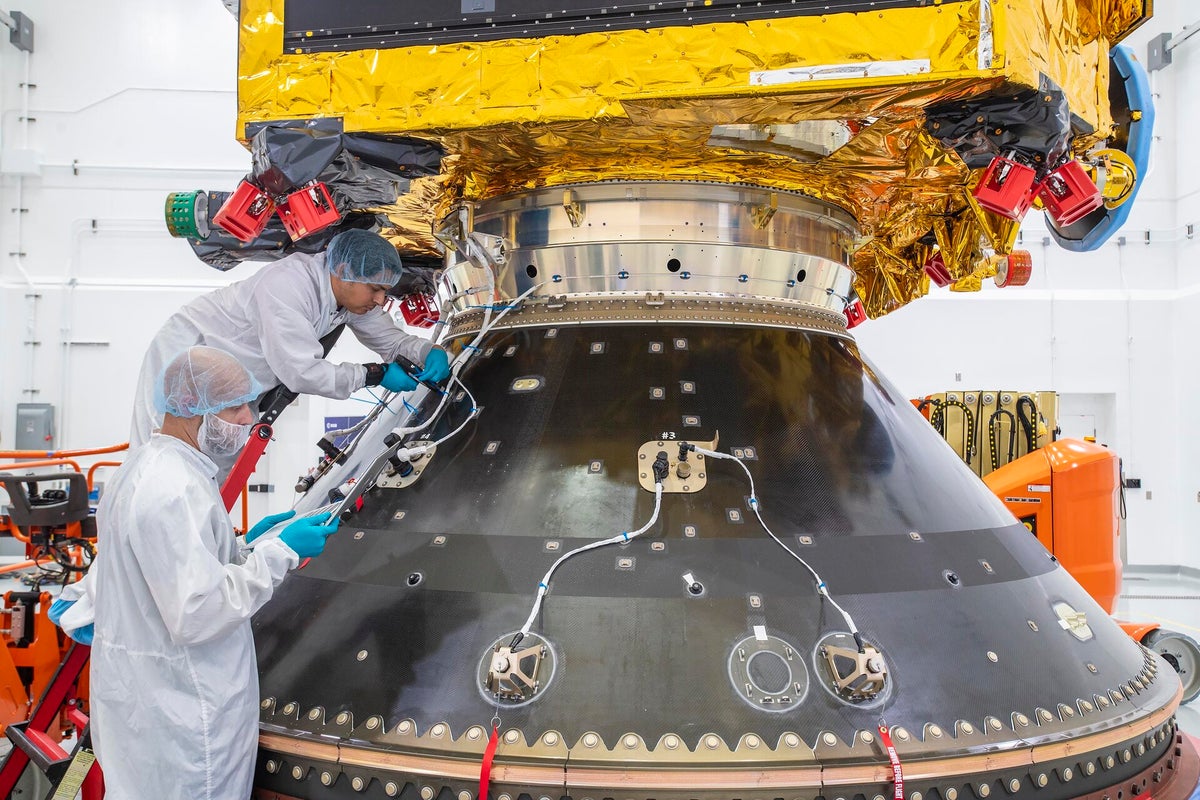
A European space telescope blasted off Saturday on a quest to explore the mysterious and invisible realm known as the dark universe.
SpaceX launched the European Space Agency’s Euclid observatory toward its ultimate destination 1 million miles (1.5 million kilometers) away, the Webb Space Telescope’s neighborhood. It will take a month to get there and another two months before it starts its ambitious six-year survey this fall.
Named for antiquity's Greek mathematician, Euclid will scour billions of galaxies covering more than one-third of the sky. By pinpointing the location and shape of galaxies up to 10 billion light-years away — almost all the way back to the cosmos-creating Big Bang — scientists hope to glean insight into the dark energy and dark matter that make up most of the universe and keep it expanding.
The telescope's highly anticipated 3D map of the cosmos will span both space and time in a bid to explain how the dark universe evolved and why its expansion is speeding up.
The lead scientist for the $1.5 billion mission (1.4 billion euros) said Euclid will measure dark energy and dark matter with unprecedented precision.
“It’s more than a space telescope, Euclid. It’s really a dark energy detector,” Rene Laureijs noted.
Fifteen feet (4.7 meters) tall and almost as wide, Euclid sports a 1.2-meter (4-foot) telescope and two scientific instruments capable of observing the cosmos in both visible light and the near infrared. A huge sunshield is designed to keep the sensitive systems at the properly frigid temperatures.
NASA, which contributed Euclid’s infrared detectors, has its own mission coming up to better understand dark energy and dark matter: the Roman Space Telescope due to launch in 2027. The US-European Webb telescope can also join in this quest, officials said.
Euclid was supposed to launch on a Russian rocket from French Guiana in South America, Europe’s main spaceport. The European and Russian space agencies cut ties following the invasion of Ukraine last year, and the telescope switched to a SpaceX ride from Cape Canaveral. Waiting for Europe's next-generation, yet-to-fly Ariane rocket would have meant a two-year-plus delay, according to project manager Giuseppe Racca.







